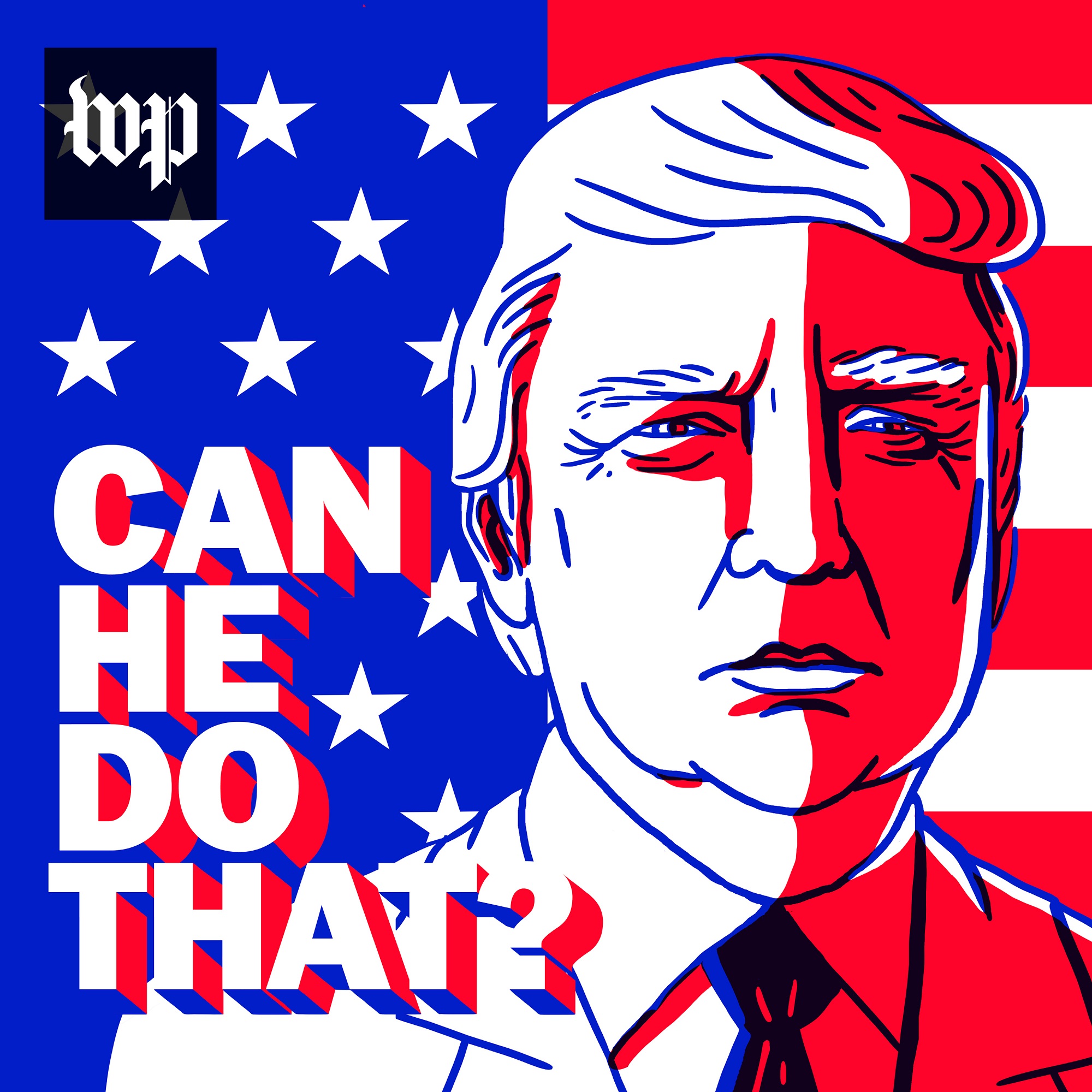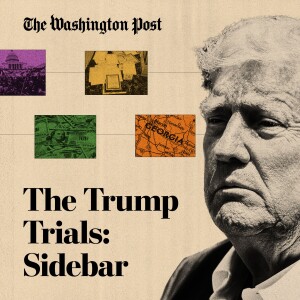
Will the Court’s decision on electors prevent (at least some) election mayhem?
 2020-07-09
2020-07-09
Download
Right click and do "save link as"
Much of American democracy runs on precedent. How things have worked in the past helps us understand how they ought to work now. Many parts of our democracy function because years of established norms guide them.
But sometimes that precedent and those standards face the courts — a chance to take long-standing norms and codify them into law. We saw one of those moments at the Supreme Court this week with a vote on the role of electors in our presidential elections.
Presidential electors cast a vote in the electoral college that ultimately determines the presidency. These electors usually, almost always, vote for the winner of their state’s popular vote. So if Donald Trump wins the popular vote in Oklahoma, for example, all of Oklahoma’s electors vote for Trump in the electoral college.
But in many states, it’s just an assumption that electors will vote as they’ve pledged. And that leaves open a question: What happens if an elector decides to go rogue — to cast a vote in the electoral college for someone else? And furthermore, what happens if those votes go against the people’s votes and alter the outcome of a presidential election?
The Supreme Court on Monday weighed in to quash some of these questions before they arise.
The court ruled unanimously that states can require presidential electors to support the winner of its popular vote and may punish or replace those who don’t.
This decision carries weight for our upcoming presidential election in November, but what exactly are its implications? Who are the winners and losers in this case? And what does it mean for the future of our electoral college system?
On this episode of the“Can He Do That?” podcast, election law expert Paul Smith of the Campaign Legal Center unpacks the Supreme Court decision and what it means for November’s election.
Related reading and episodes
Supreme Court says a state may require presidential electors to support its popular-vote winner
U.S. elections are being tested like never before. What comes next?
Hacks, chaos and doubt: Lessons from the 2016 election revisited
More Episodes
The Mueller report, unpacked
 2019-04-18
2019-04-18
 2019-04-18
2019-04-18
Mueller report: What we still don't know
 2019-03-25
2019-03-25
 2019-03-25
2019-03-25
Does a president ever stop campaigning?
 2019-03-22
2019-03-22
 2019-03-22
2019-03-22
012345678910111213141516171819
Create your
podcast in
minutes
- Full-featured podcast site
- Unlimited storage and bandwidth
- Comprehensive podcast stats
- Distribute to Apple Podcasts, Spotify, and more
- Make money with your podcast
It is Free
- Privacy Policy
- Cookie Policy
- Terms of Use
- Consent Preferences
- Copyright © 2015-2024 Podbean.com



